Cinematographer to Watch: Kira Kelly of “13th” and “Queen Sugar”
Kira Kelly isn’t new to the cinematography game — not by a long shot. Having worked in the industry for more than 20 years, her film and TV credits include a versatile mix of documentary and narrative projects. She’s...
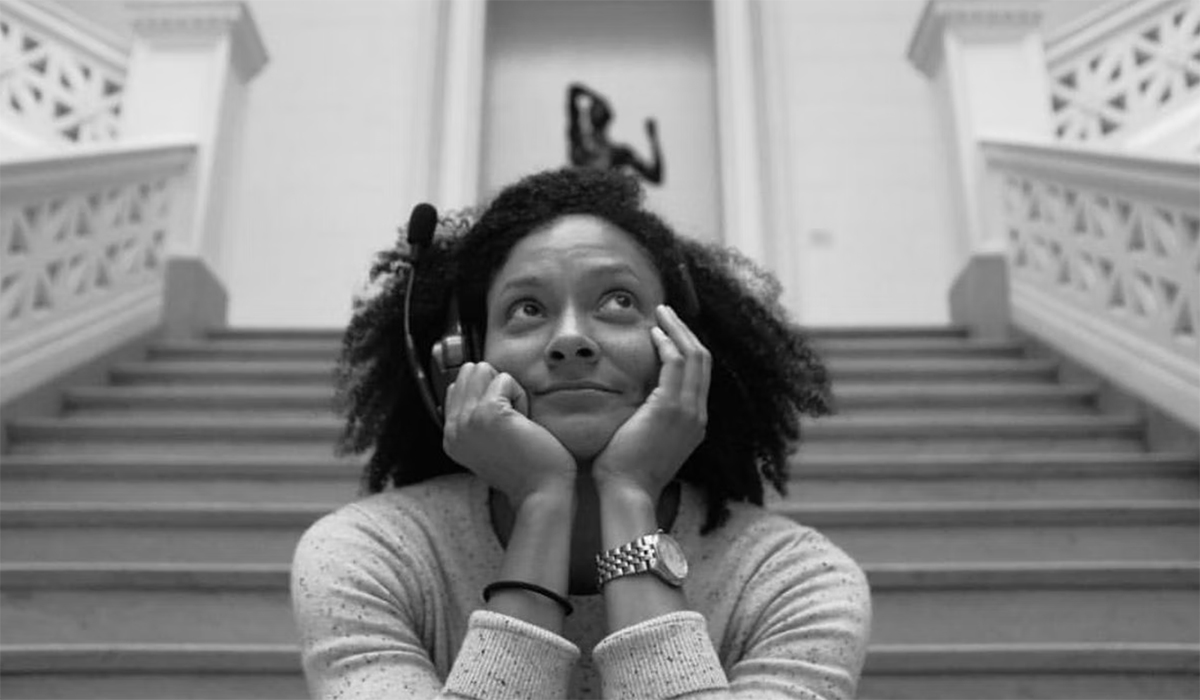
Kira Kelly isn’t new to the cinematography game — not by a long shot. Having worked in the industry for more than 20 years, her film and TV credits include a versatile mix of documentary and narrative projects.
She’s made a multitude of short films along the way, and was a camera operator for a few episodes of the beloved Anthony Bourdain’s “No Reservations.” Kelly’s first feature as a director of photography, “Were the World Mine,” earned a reported 15 jury and 11 audience awards on the film festival circuit, according to the ICFC. She worked on one of Hulu’s first original series, “East Los High,” initially as a camera operator and later as a DP.
Kelly joined forces with Ava DuVernay for the illuminative prison documentary “13th,” and later boarded DuVernay’s OWN series, “Queen Sugar” — the former earning her an Emmy nomination and the latter helping establish a standard of cinematic Black television. Her second Emmy nomination came from a fan-favorite episode of “Insecure,” “Lowkey Happy.” Kelly is even credited for additional cinematography on the Marvel smash-hit “Shang-Chi and the Legend of the Ten Rings.”
With that kind of portfolio, it’s hard to believe Kira Kelly isn’t more of a household name among film connoisseurs. Then again, Kelly also holds the likely bittersweet honor of being the first Black woman invited to become a member of the American Society of Cinematographers. That invitation is still fairly recent, having only been offered in October 2020.
It would be easy to dwell on the frustrating rhetorical questions that come with this reality: Why is Hollywood still so slow to include women and artists of color in above-the-line positions, particularly when it’s been proven both creatively and financially rewarding to do so? Why aren’t DPs who look like Kira Kelly offered work on more projects with arthouse directors who still manage to draw big budgets from their respective studios? When will these historic “firsts,” for which celebration is certainly still welcome, become so commonplace that we no longer bat an eye?
As recently as September 2021, Kelly explained to Jacqueline B. Frost at Filmmaker Magazine that she hasn’t always been trusted by her fellow crew members. “Every time I go into a new city or I have a new job come up and I’m working with a new crew, I always have to tell myself, ‘Just give it till lunch,’ because the whole first part of the day is spent with everybody doubting that I actually know what I’m doing. But by lunch, they see that I do.”
In May 2021, Kelly offered Android Police’s Jules Wang personal insight into what inspired her to join Google’s advisory group for enhancing their cell phone camera quality, specifically with dark-skinned users in mind. “I can’t help but think of my mom — she still thinks that she’s not beautiful because of pictures taken of her when she’s younger. How many little girls are out there thinking they’re not beautiful because they were the darkest-skinned person in the photo and they weren’t represented?”
As entertainment and Big Tech corporations continue to evolve, and certainly as the number of major studios continues to shrink and condense, it will be imperative that wide nets remain cast for diverse voices. The industry “tried to make one certain genre of Black movies or Black television,” Kelly told MotionPictures.org. “Now what’s becoming more and more clear in our culture is that there are so many stories Black people can tell. There’s an infinite number of stories.”
It’s a common refrain among creatives of color, and one that may feel tedious for those who already understand the importance of equality and representation. However, until more Black directors and cinematographers are given more green lights, freedom, and budgets, it’s unlikely the conversation will be silenced anytime soon.
Though she’s clearly not immune to the inequality that surrounds and suppresses Hollywood, to read Kelly’s accounts of her creative process, she primarily focuses on the storytelling, the visual motifs she’s used to evoke emotions, world-build, and develop character, and the ways her own style blends seamlessly into the styles of her directors.
“I’m given a crazy amount of artistic license,” Kelly told Variety’s Valentina I. Valentini of her creative workflow on DuVernay’s “Queen Sugar,” on which she served as a lead cinematographer from 2017-2019. “It’s a testament to Ava: Pushing yourself creatively is encouraged. With two-camera shows, it’s easy to fall into a rut. But since the pilot, we’ve been crossing the line so we can set up a camera on either side, which creates a series of shots that give a lot of depth in the edit.”
Kelly’s most recent project, FX on Hulu’s “Y: The Last Man,” was based on a post-apocalyptic comic book series by the same name, in which every human with a Y chromosome suddenly dies. Next up is “Reasonable Doubt,” a series executive-produced by Kerry Washington and created by writer/EP Raamla Mohamed for Disney’s Onyx Collective and ABC Signature. The series is slated to air on Hulu.
The award-winning documentary, “13th,” is available on Netflix. Though the final season of “Queen Sugar” will air on OWN later this year, Kelly’s episodes from Seasons 2-4 are currently available on Hulu. Learn more about Kelly’s work at kirakellydp.com.

 MikeTyes
MikeTyes 







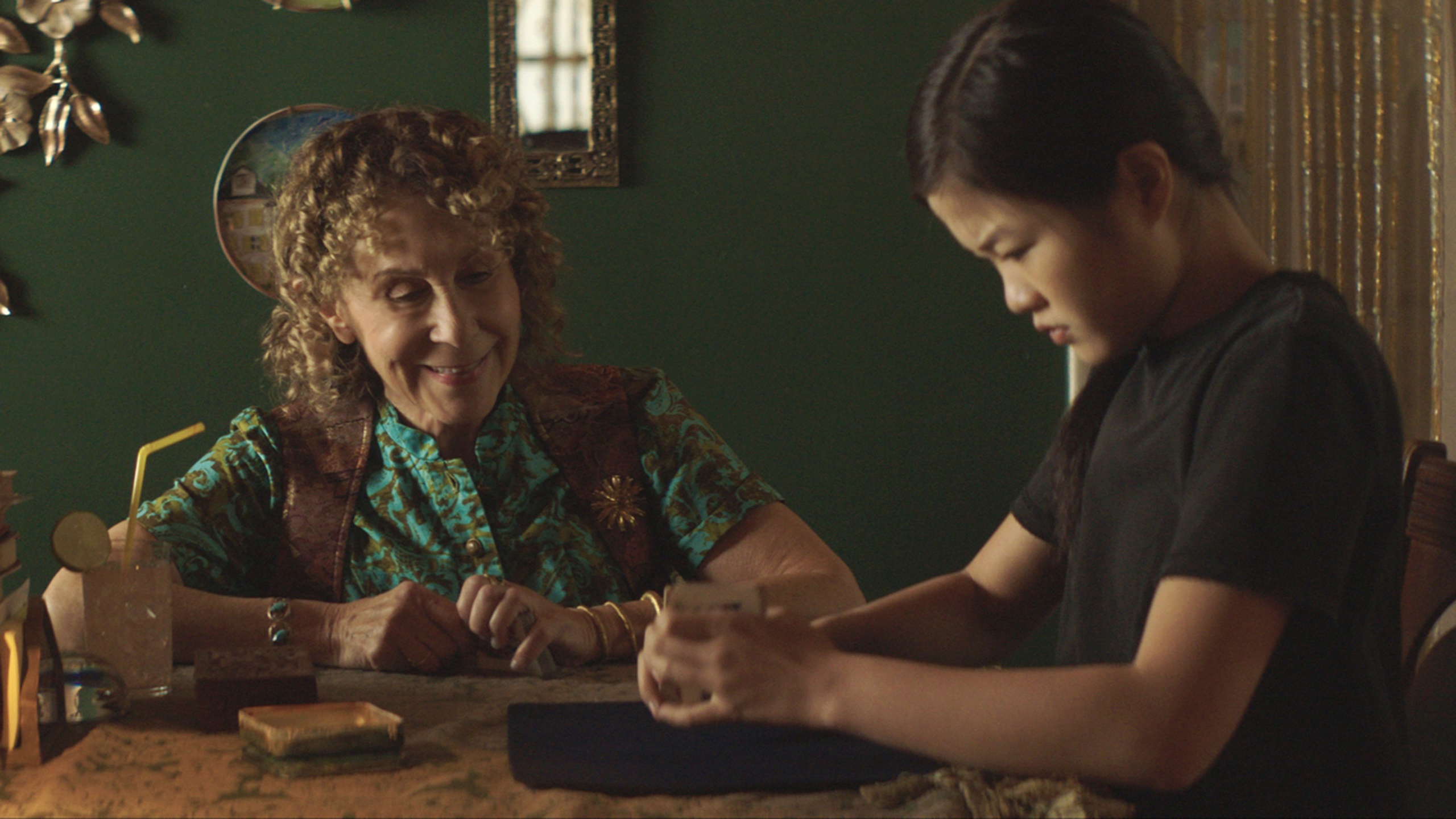
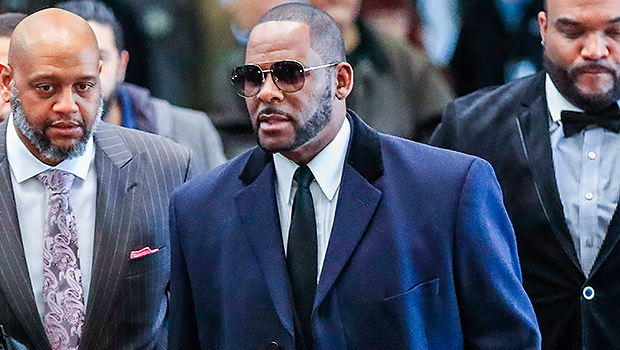
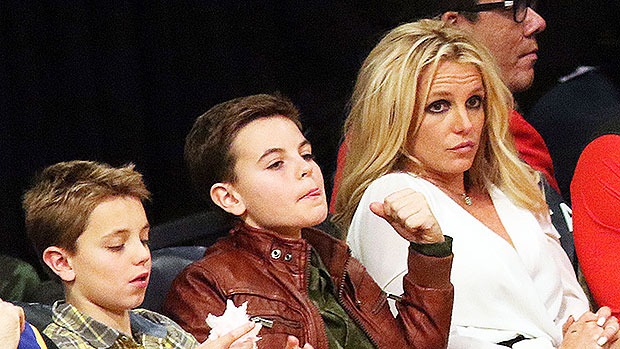
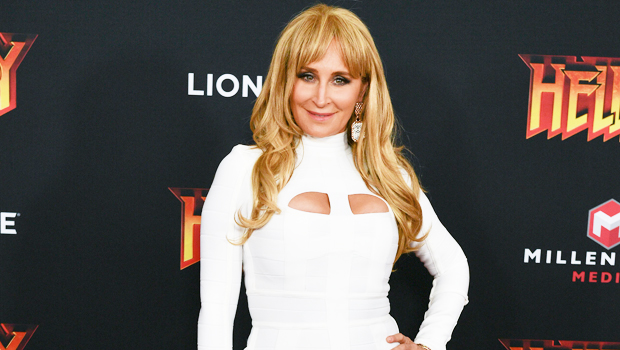
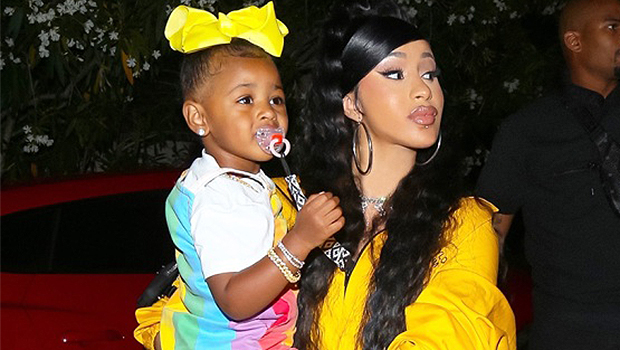
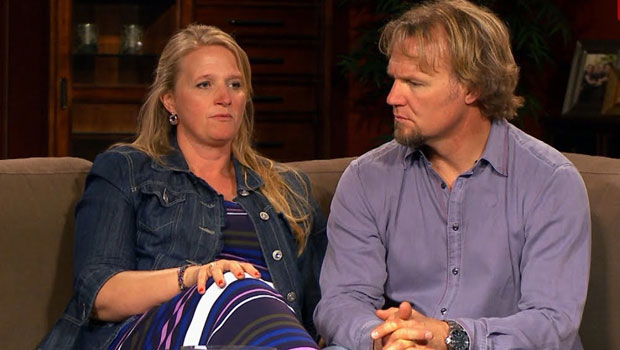









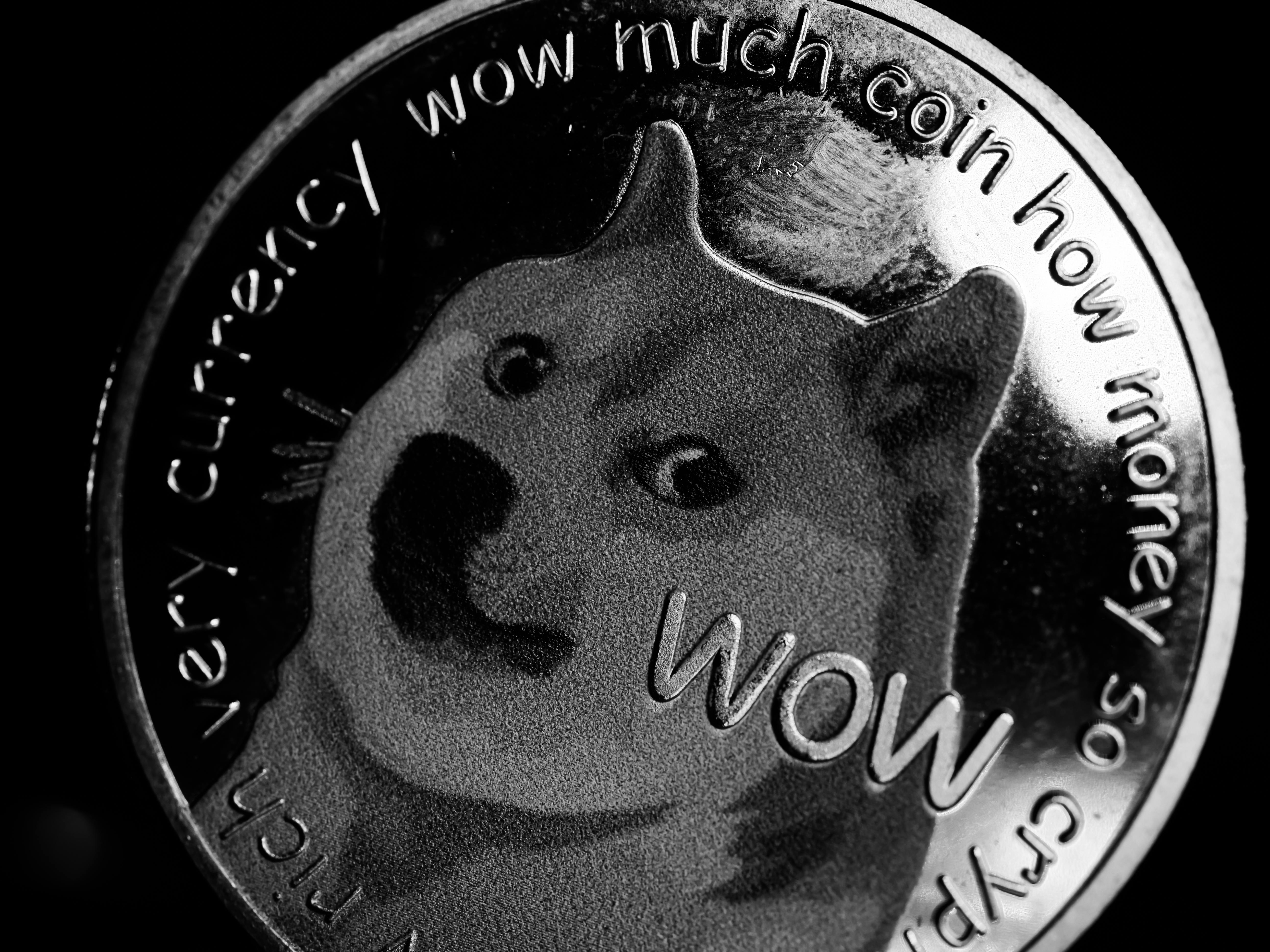






![Are You Still Optimizing for Rankings? AI Search May Not Care. [Webinar] via @sejournal, @hethr_campbell](https://www.searchenginejournal.com/wp-content/uploads/2025/06/1-1-307.png)

